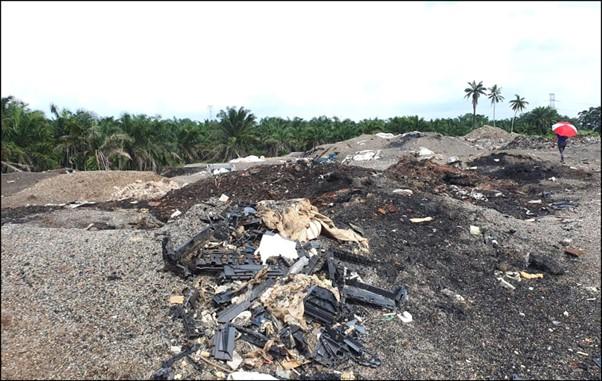The Malaysian government, in collaboration with the Basel Action Network (BAN), a global watchdog group, has intercepted over 300 intermodal containers, with more than 100 found to be carrying illegal e-waste. This successful seizure, resulting from detailed alerts provided by BAN, underscores the growing effectiveness of international cooperation in combating the scourge of toxic waste dumping by industrialized nations in developing countries.
A Long-standing Battle
BAN has been at the forefront of the fight against e-waste trafficking since 2002, when they exposed a massive export route from North America, Europe, and Japan to Guiyu, China, where electronic waste was processed using highly polluting methods. Their relentless efforts have brought much-needed global attention to the e-waste crisis and have influenced policy changes within the United Nations Basel Convention, which mandates strict control over the trade of hazardous waste.
Collaborating for Impact
Jim Puckett, Executive Director of BAN, emphasized the organization’s commitment to assisting governments like Malaysia with enforcement intelligence to detain shipments and hold accountable any accomplices, including company directors. BAN is also dedicated to ensuring that exporting countries, in this case, the US, take back their illegal waste shipments.
Despite the US being one of the few countries yet to ratify the Basel Convention, BAN has made strides by working with the US Department of Justice to charge US recyclers involved in e-waste trafficking with fraud and other applicable crimes. Additionally, BAN’s creation of the e-Stewards industry certification promotes ethical recycling practices within the US, encouraging businesses and consumers to use only certified companies to process e-waste responsibly.
Local Voices Raise the Alarm
BAN uses GPS trackers and other techniques to trace the flow of e-waste across the globe. They also work closely with national NGOs in target countries to conduct field investigations of illegal importers and processors. In this case, in addition to the government, they also notified long-time partner Sahabat Alam Malaysia (Friends of the Earth).
Mageswari Sangaralingam, honorary secretary of Sahabat Alam Malaysia (Friends of the Earth), a long-time partner of BAN, highlighted the growing concern in Malaysia: “Malaysia is increasingly becoming a dumping ground for plastic and electronic wastes from rich countries.” She applauded the efforts of enforcement agencies in collaborating with NGOs to stem waste trafficking and called for vigilance against corruption, emphasizing the need for accountability for all individuals and companies involved in illegal waste trafficking.
According to BAN, the global trade in hazardous waste that continues to harm workers, communities, and the environment in developing countries while allowing the Global North to evade costs is an affront to environmental justice and an ethical circular economy. Individuals, businesses, and governments must all be vigilant against unscrupulous actors in the waste disposal chain and ensure that waste is managed ethically and, most importantly, minimized.


